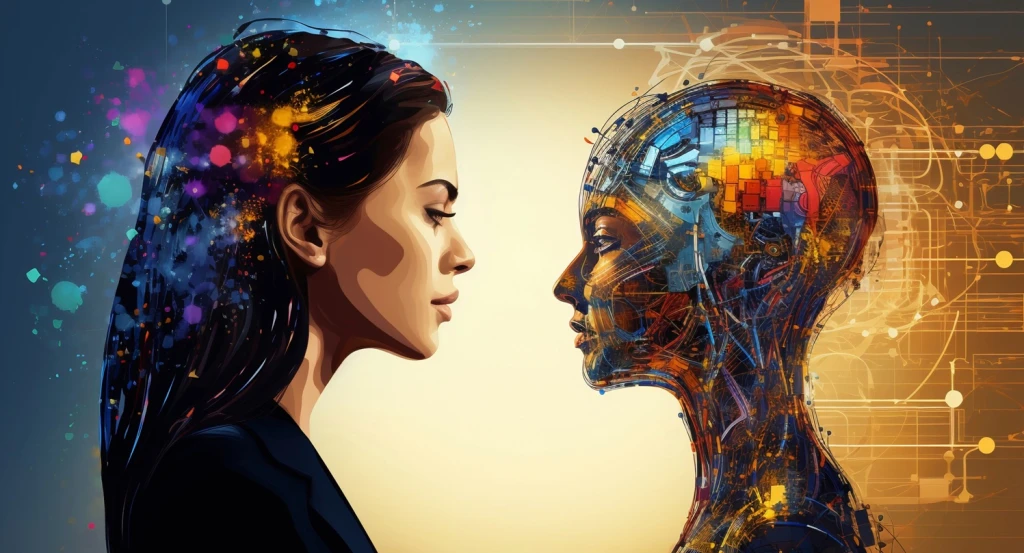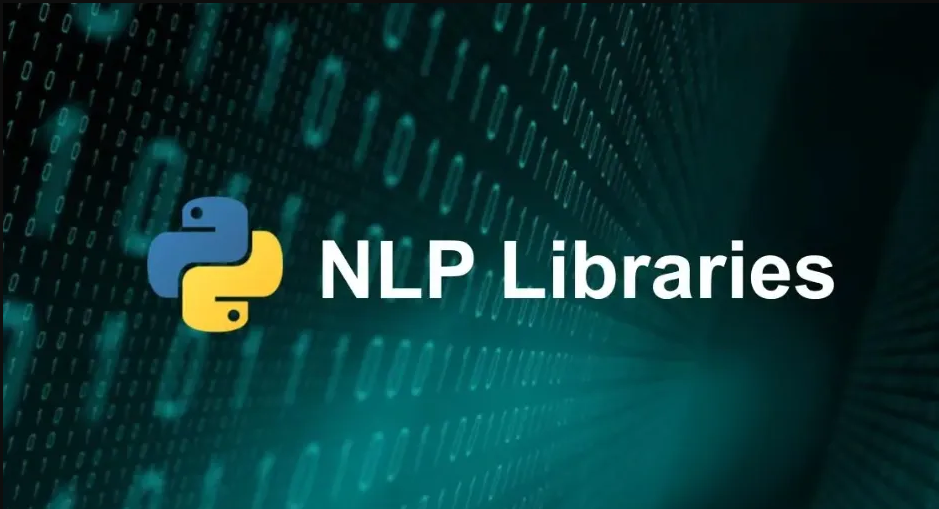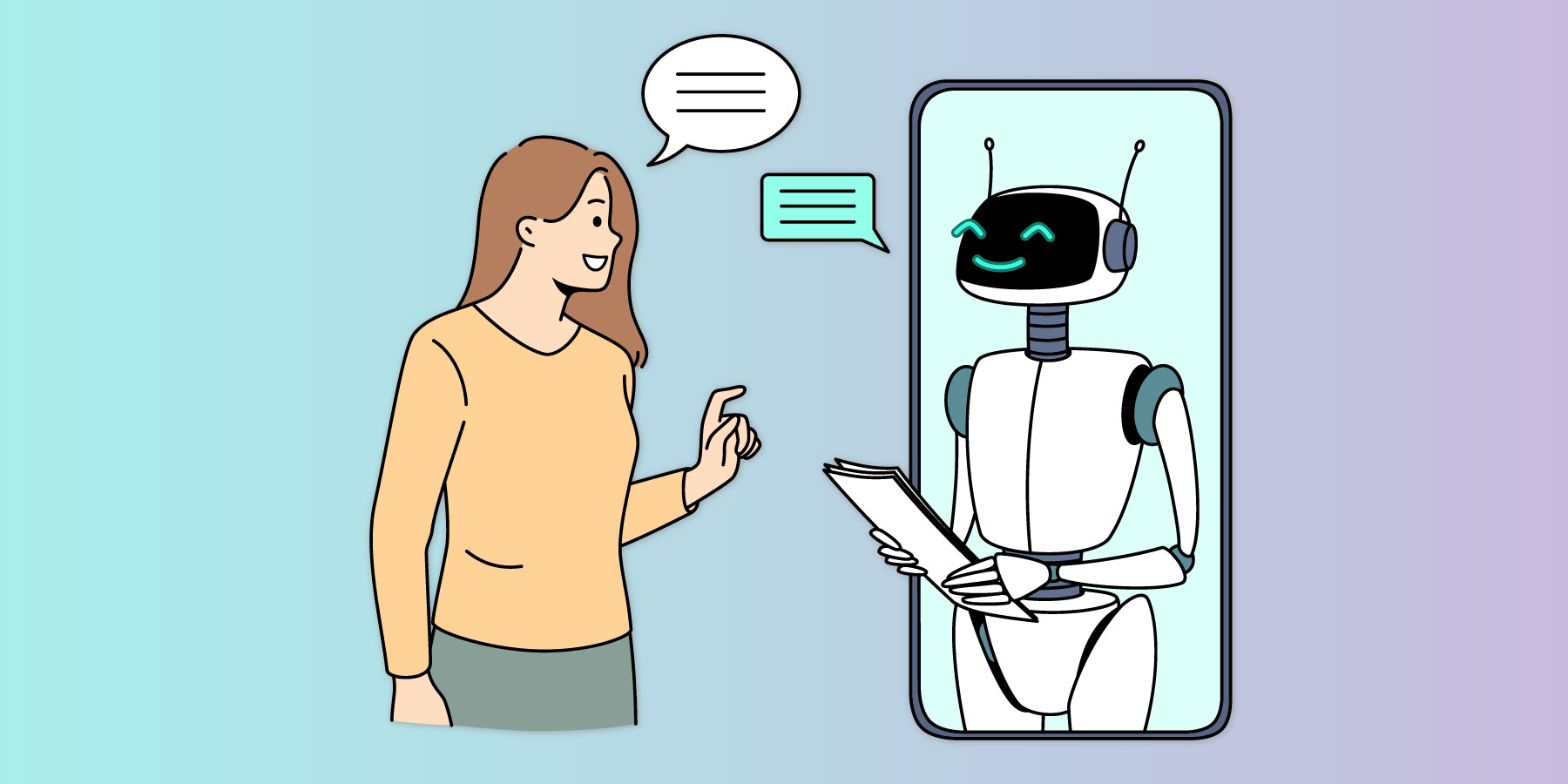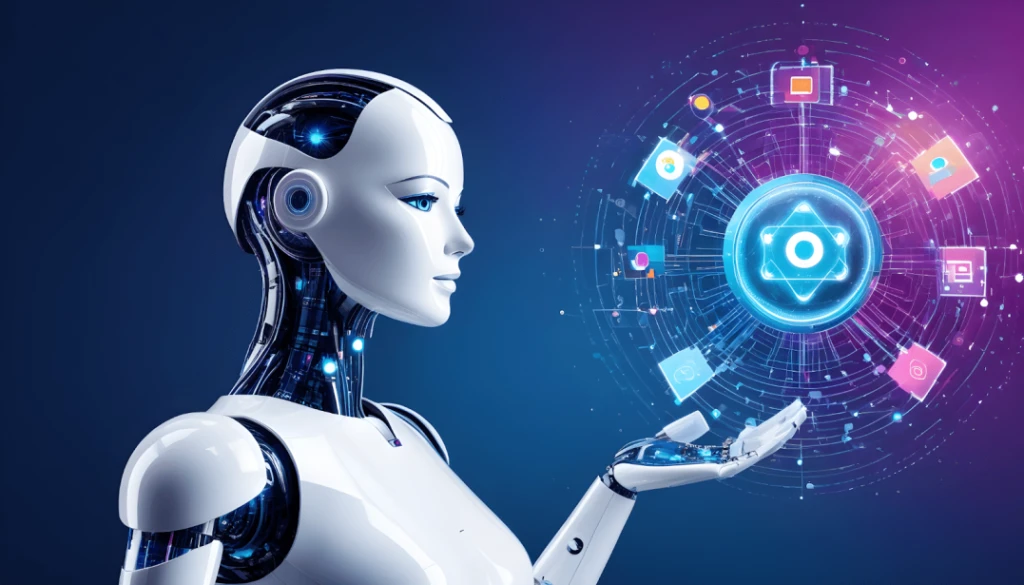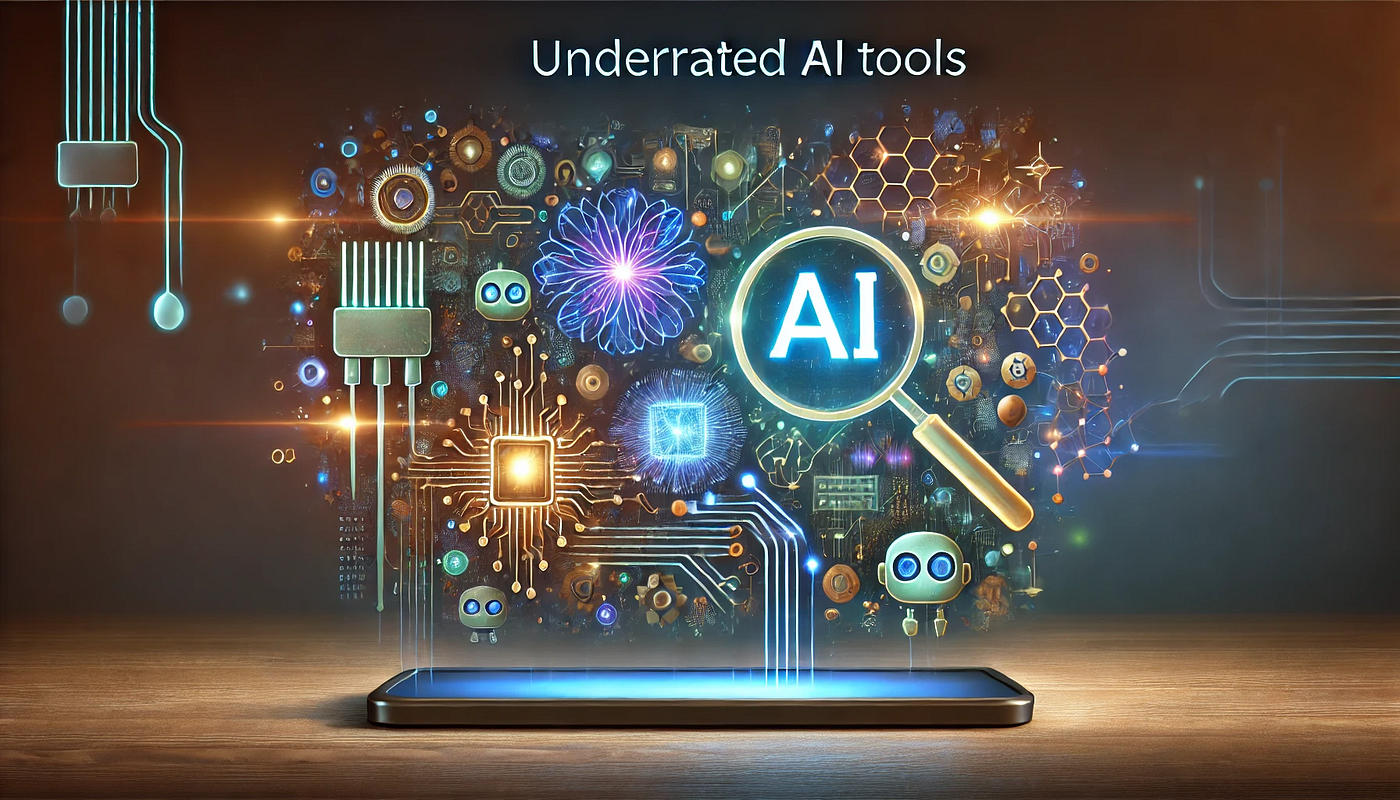Test AI on YOUR Website in 60 Seconds
See how our AI instantly analyzes your website and creates a personalized chatbot - without registration. Just enter your URL and watch it work!
Introduction: The Ethical Dilemma of AI
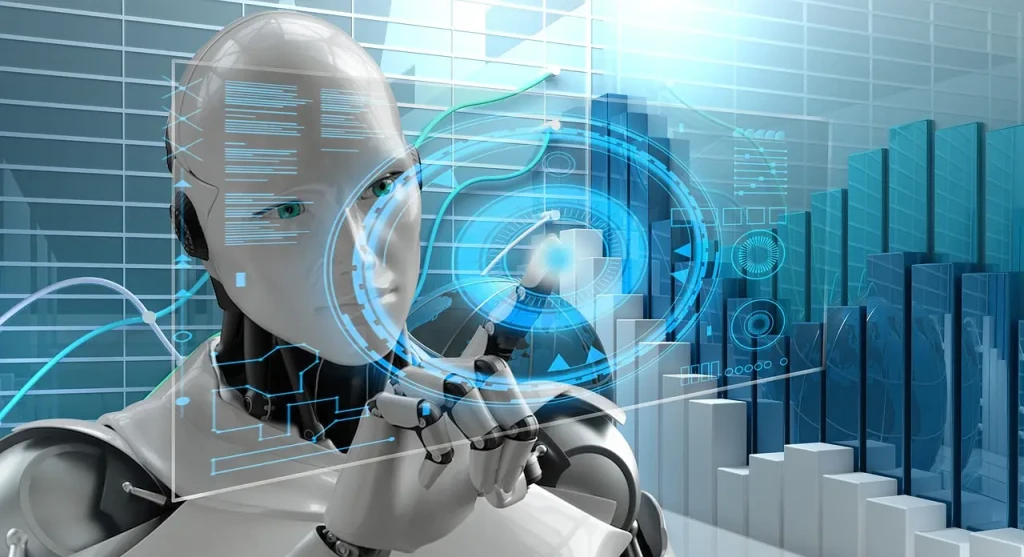
2- Bias in AI: The Problem of Unfair Algorithms
2.1- How Bias Occurs in AI
AI models trained on historical data inherit societal biases, reinforcing discrimination.
Examples include biased hiring algorithms or racial disparities in facial recognition.
2.2- Real-World Consequences of AI Bias
AI-driven loan approvals may reject applicants unfairly based on biased financial data.
Predictive policing AI has led to wrongful targeting of minority communities.
2.3- Solutions to AI Bias
Developers must ensure diverse and inclusive training data.
Governments and organizations need strict AI fairness regulations.
3- AI and Privacy: Who Owns Your Data?
3.1- Data Collection & Consent Issues
AI collects data from social media, smart devices, and online interactions—often without user consent.
Many companies use AI to track user behavior, raising ethical questions about data ownership.
3.2- AI in Surveillance & Facial Recognition
Governments and corporations use AI for surveillance, risking mass privacy violations.
Countries like China have advanced facial recognition systems, sparking global debates.
3.3- Ensuring Ethical AI Data Use
Strong data protection laws like GDPR (General Data Protection Regulation) are essential.
AI transparency policies should inform users about data usage and collection.
4- Job Displacement: Is AI Replacing Humans?
4.1- Industries Affected by AI Job Automation
Customer service, transportation, and manufacturing are seeing increased automation.
AI chatbots are replacing call center jobs, while self-driving trucks threaten trucking jobs.
4.2- The Shift Towards New Job Roles
AI creates demand for new skills like AI ethics specialists and machine learning engineers.
The workforce must adapt through retraining and education programs.
4.3- Ethical Responsibility of Companies & Governments
Companies should invest in employee retraining rather than mass layoffs.
Governments must introduce policies to support workers affected by automation.
5- AI and Accountability: Who is Responsible for AI Decisions?
5.1- The “Black Box” Problem
Many AI systems operate as black boxes, where their decision-making processes are unclear.
This lack of transparency makes it difficult to hold AI accountable for errors.
5.2- Ethical Failures in AI Decision-Making
Self-driving car accidents raise the question: Who is responsible—the manufacturer, programmer, or AI itself?
AI-powered legal sentencing tools have been criticized for unfair rulings.
5.3- Solutions for AI Accountability
AI regulations must require explainable AI (XAI) to improve transparency.
Ethical AI frameworks should clearly define responsibility in case of failures.
6- Ethical AI Development: Building Responsible AI
6.1- Principles of Ethical AI
Fairness: AI must be free of discrimination and bias.
Transparency: Users should understand how AI makes decisions.
Accountability: Developers and companies must take responsibility for AI actions.
6.2- The Role of Governments & Tech Companies
Governments must enforce ethical AI laws to protect human rights.
Companies like Google and Microsoft have introduced AI ethics boards, but more oversight is needed.
6.3- The Future of Ethical AI Development
AI ethics education should be mandatory for developers.
More research is needed to create AI that aligns with human values and rights.
7- Conclusion: Striking a Balance Between Innovation & Ethics
The question remains—can we build AI that serves humanity without compromising our rights and values? The answer lies in our ability to navigate these ethical dilemmas wisely.
